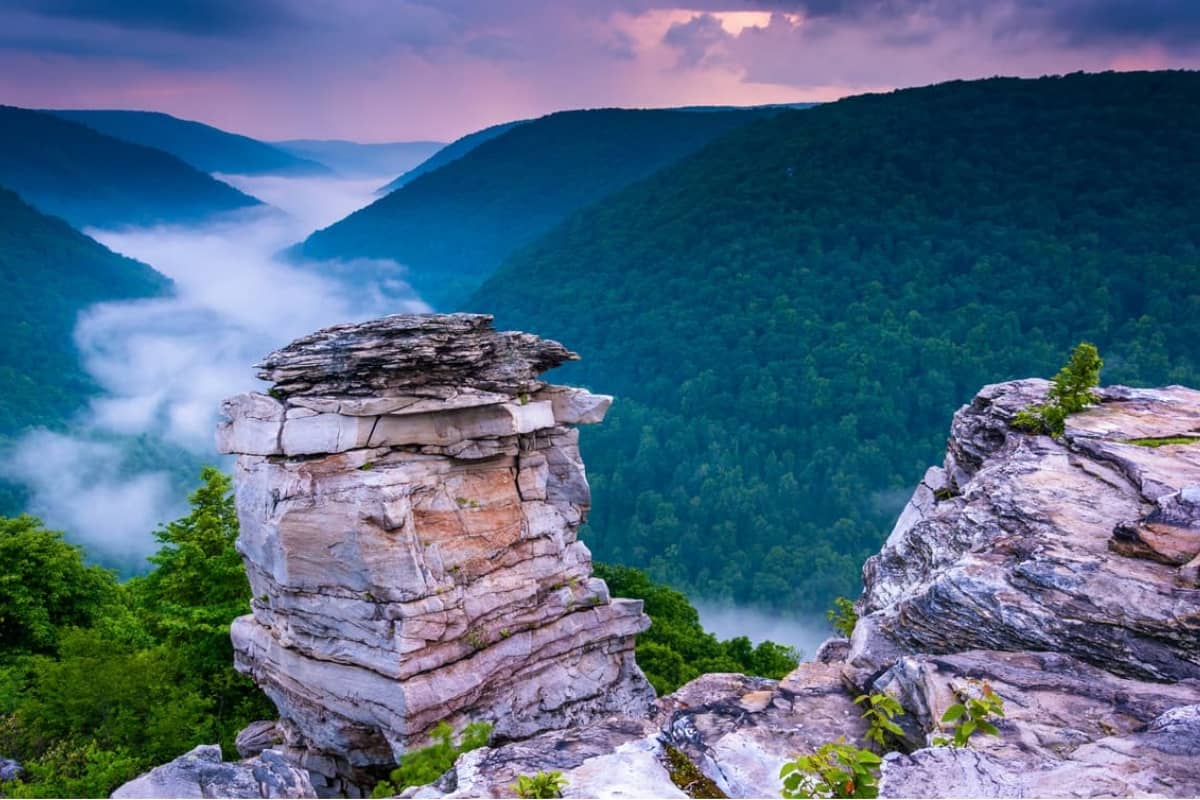The Smoky Appalachian Mountains are an iconic destination for travelers, offering stunning vistas, historical trails, and unique wildlife experiences. However, with this beauty comes an unfortunate reality—tourist scams. Scammers have found ways to exploit visitors who are unfamiliar with the local area or overwhelmed by its many attractions. The following are some common scams that target tourists in the Smoky Appalachian Mountains, along with tips on how to avoid them.
1. Fake Parking Attendants
One of the most prevalent scams in the Smoky Appalachian region involves individuals posing as parking attendants at popular trailheads or scenic areas. These scammers may dress in official-looking attire, such as reflective vests, and charge tourists for parking in areas that are actually free. In some cases, scammers even issue fake parking tickets, threatening tourists with fines if they don’t comply.
To avoid falling victim to this scam, always look for official signs that indicate whether a parking fee is required. Genuine parking spots will have clear signage, and any payments will typically be made through an official machine or kiosk. If you’re unsure, it’s worth asking other visitors or contacting local authorities.
2. Bogus Cabin Rentals
A major draw to the Smoky Appalachian region is its abundance of cozy cabins that provide the perfect escape into nature. However, with the surge in demand for these rentals, scammers have taken advantage by creating fake listings. These fraudsters post photos of real cabins—often lifted from legitimate rental websites—on fake booking platforms or classified ads. They lure tourists with attractive pricing, often significantly lower than other listings, and insist on immediate payment through wire transfers or other non-recoverable methods.
To protect yourself from bogus cabin rentals, only book through well-known platforms like Airbnb or VRBO, which offer fraud protection. Avoid deals that seem too good to be true and steer clear of payment methods that cannot be tracked or refunded. Reading reviews from previous guests is another useful step to verify the legitimacy of a property.
3. Phony Tour Guides
In a region as scenic as the Smoky Appalachian Mountains, it’s no surprise that guided tours are popular. Unfortunately, scammers have capitalized on this demand by offering fake or subpar tours. These scammers often target out-of-town visitors who are less familiar with the area, advertising through social media, bulletin boards, or even fake websites. Tourists may pay an upfront deposit for a guided tour of local attractions, but the tour either falls far short of expectations or is canceled at the last minute with no refund.
To avoid this scam, always book tours through established and well-reviewed companies. Trusted platforms like TripAdvisor or Viator can provide reliable customer feedback. Avoid paying for tours in full upfront unless the payment is made through secure, verifiable channels.
4. Overpriced or Fake Lodging
Another scam involves fake or overpriced lodging listings. During peak tourist seasons, accommodation in the Smoky Appalachian region can be hard to find, and some scammers take advantage by offering nonexistent or subpar lodging options at inflated prices. Travelers often book through third-party websites or respond to classified ads, only to arrive at a location that doesn’t exist or is vastly different from what was advertised.
It’s essential to book through trusted platforms, either directly with reputable hotels or through well-known booking sites. Confirm your reservation with the property before your arrival, and don’t be afraid to ask for details that verify the legitimacy of the listing.
5. Credit Card Skimming at Gas Stations
Driving through the Smoky Appalachian Mountains is a popular way to explore the region, but it comes with risks. Credit card skimming is a growing scam, particularly at remote gas stations along scenic routes. Scammers install skimming devices at gas pumps, which capture credit card information when tourists pay for fuel. This stolen data is then used for fraudulent purchases or sold on the dark web.
To avoid being scammed, choose gas pumps near the station building, which are less likely to be tampered with. Paying inside the station is another safe option. If something seems suspicious, such as a loose card reader or an unusual attachment on the pump, it’s better to pay with cash or move to another station.
6. Bogus Wildlife Photography Tours
With its abundance of wildlife, the Smoky Appalachian Mountains attract many photographers hoping to capture images of bears, deer, and other animals. Scammers, aware of this, have started promoting fake wildlife photography tours. These tours promise tourists exclusive access to wildlife but often fail to deliver on those promises. Some tourists have reported paying high fees for tours that never materialize or for experiences that don’t come close to what was advertised.
The best way to avoid being scammed is to thoroughly research the tour company before booking. Look for reviews and testimonials on reputable platforms, and confirm that the tour guide has legitimate credentials. Be wary of deals that seem too good to be true or companies that lack clear information about their offerings.
7. Donation Scams
Some scammers target tourists by posing as representatives of environmental or wildlife charities. They often set up booths at popular trailheads or approach tourists directly, asking for donations to preserve the Smoky Appalachian Mountains or to support wildlife conservation efforts. These “charities” are often fake, with the scammers pocketing the money instead of using it for legitimate causes.
To avoid this scam, donate only to recognized organizations through their official websites or at sanctioned events. Be cautious of unsolicited donation requests and ask for documentation or credentials if approached.
Conclusion
The natural beauty of the Smoky Appalachian Mountains is undeniable, and it’s no wonder this region attracts millions of visitors each year. However, this popularity also makes it a prime target for scammers looking to take advantage of unsuspecting tourists. Awareness is the best defense against these scams. By staying informed and vigilant, tourists can protect themselves from falling victim to fraudulent schemes, ensuring a safe and enjoyable trip to one of America’s most cherished natural wonders.
Always double-check the legitimacy of services, use secure payment methods, and trust your instincts if something feels off. The key to avoiding scams is preparation and caution, which allows you to fully enjoy the beauty and serenity that the Smoky Appalachian Mountains have to offer.






